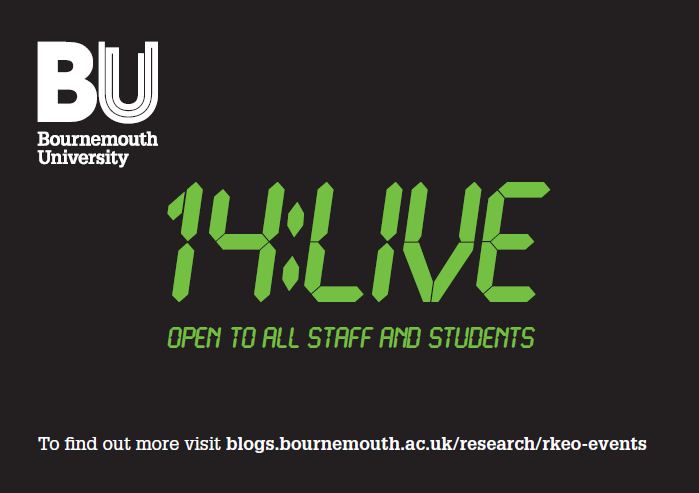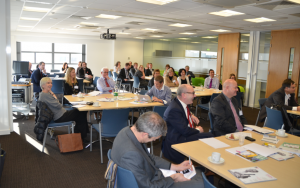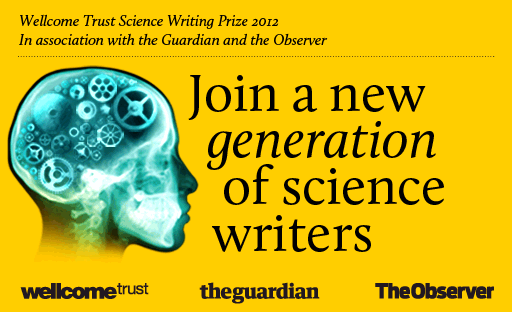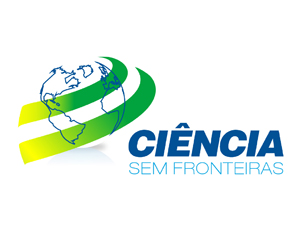The science communication awards are intended to reward outreach work carried out by young scientists and established researchers to inform, enthuse and engage the public. Bio researchers from UK universities and institutes can submit an application to the competition.
There are two prizes in the competition. The first is the New Researcher Prize which is a total of £750. This prize is open to bioscience researchers currently reading for a Masters/PhD or in the first year of a post-doctoral position.
The second prize is the Established Researcher Prize which is a total of £1500. This prize is open to bioscience researchers who are beyond the first stages of their research career as defined in the New Researcher category. The Society is looking for researchers who communicate their own work well, and who represent their own field strongly in the science communication world.
The Society is looking for applicants who have had a commitment to outreach over a long time period. This could include activities from talks to hand on demonstrations and art displays. The audiences can vary from school children to patients to the general public, but should not include a scientific audience above school level.
The judges of the competition will be looking for a programme of activities that can be demonstrated to have brought good quality science to non-academic audiences. The marking will be specifically on scientific content, influence and recognition, innovation, evaluation and feedback, impact on society and working hard to reach sectors.
To find out more about the competition, how to apply and previous winners, please click here.






















 Dr. Chloe Casey on Sky News
Dr. Chloe Casey on Sky News Final Bournemouth University publication of 2025
Final Bournemouth University publication of 2025 On Christmas Day in the Morning…
On Christmas Day in the Morning… New Nepal scoping review on maternal & neonatal health
New Nepal scoping review on maternal & neonatal health ECR Funding Open Call: Research Culture & Community Grant – Application Deadline Friday 12 December
ECR Funding Open Call: Research Culture & Community Grant – Application Deadline Friday 12 December MSCA Postdoctoral Fellowships 2025 Call
MSCA Postdoctoral Fellowships 2025 Call ERC Advanced Grant 2025 Webinar
ERC Advanced Grant 2025 Webinar Horizon Europe Work Programme 2025 Published
Horizon Europe Work Programme 2025 Published Horizon Europe 2025 Work Programme pre-Published
Horizon Europe 2025 Work Programme pre-Published Update on UKRO services
Update on UKRO services European research project exploring use of ‘virtual twins’ to better manage metabolic associated fatty liver disease
European research project exploring use of ‘virtual twins’ to better manage metabolic associated fatty liver disease